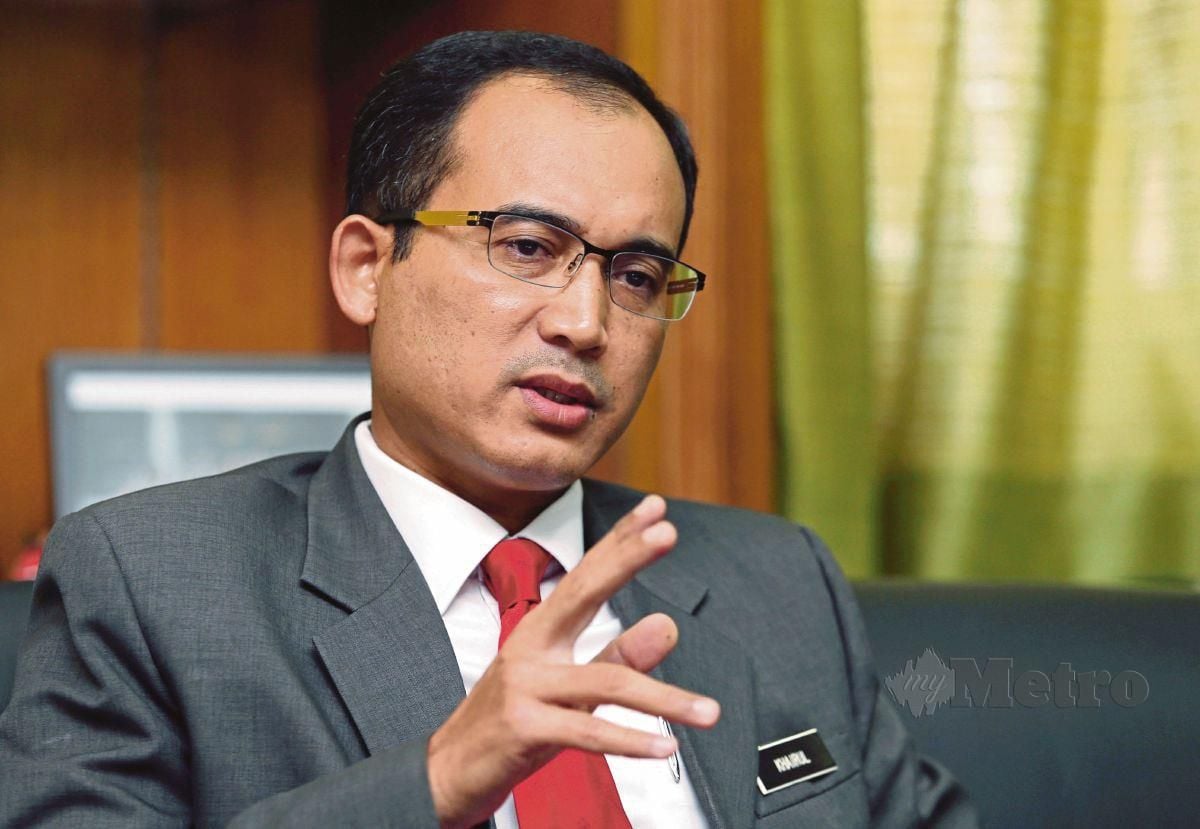Even during the two years of the pandemic, working expats in Malaysia paid a whopping RM5.6 billion in income taxes.
We hear from expats over and over about the many things they enjoy about living in Malaysia, from the food to the travel opportunities to the affordable cost of living to the local friends they make. Year in and year out, it’s clear that most expats find Malaysia an appealing and rewarding country to call their adopted home, if only for a couple of years or so.
What we hear much less about is how much Malaysia benefits from these expats living here. But it really is a mutually beneficial relationship. After all, most expats bring in solid job skills and use their time in the country to not only participate in exchanges of ideas and work values, but also build up and train their local teams. Some expats start their own businesses here, nearly all of which employ Malaysians. Many expats also make numerous local friends, contributing to a cross-cultural bridge of appreciation and understanding. And of course, expats spend their money here — both in daily expenditures and for big-ticket items like property and cars — adding value to the local economy.
But they also pay income taxes to Malaysia while they work here. And those taxes are not insignificant.
At a recent press conference following the ceremony for signing a Memorandum of Understanding (MOU) between the Immigration Department and Inland Revenue Board (IRB) on information-sharing about expatriates in Malaysia, the Director-General of Immigration, Datuk Seri Khairul Dzaimee Daud, addressed any concerns that some might have about expats defaulting on taxes owed, flatly stating that it was a non-issue.
Records show that no expatriate workers in the country failed to pay their taxes, he said.

“So far none (failed to pay taxes). They have all complied because this is one of the main requirements for them to renew their expatriate pass to continue working in the country.”
Khairul Dzaimee further said with the cooperation between Immigration and the IRB, the Immigration Department could stop any expats from leaving the country if they failed to settle their taxes.
He went on to say that IRB statistics showed that taxes collected from expats increased yearly between 2014 and 2019, with RM1.06 billion collected in 2014, followed by RM1.5 billion (2015), RM2.04 billion (2016), RM2.8 billion (2017), RM3.3 billion (2018), and RM3.6 billion (2019).
Taxes collected from expats in 2020 and 2021 dropped to a still-robust RM3.1 billion and RM2.5 billion, respectively due to the economic impact of the Covid-19 pandemic.
For those of you counting at home, that means expats have contributed RM19.9 billion in income taxes over a span of eight years. Though an average of about RM2.5 billion a year in taxes is a trifling fraction of Malaysia’s GDP, it’s still a meaningful amount. And that is only the figure directly collected in income tax, not counting things like investments, property purchases, and day-to-day spending. These figures also do not include the financial contributions made by Malaysia My Second Home visa holders, who are categorised differently than working expats.
According to Immigration, there are currently 162,170 individuals holding active expatriate employment passes in Malaysia, with 99,200 of those being principal pass holders and 62,970 dependent pass holders.
Information from Bernama contributed to this article.
"ExpatGo welcomes and encourages comments, input, and divergent opinions. However, we kindly request that you use suitable language in your comments, and refrain from any sort of personal attack, hate speech, or disparaging rhetoric. Comments not in line with this are subject to removal from the site. "





















